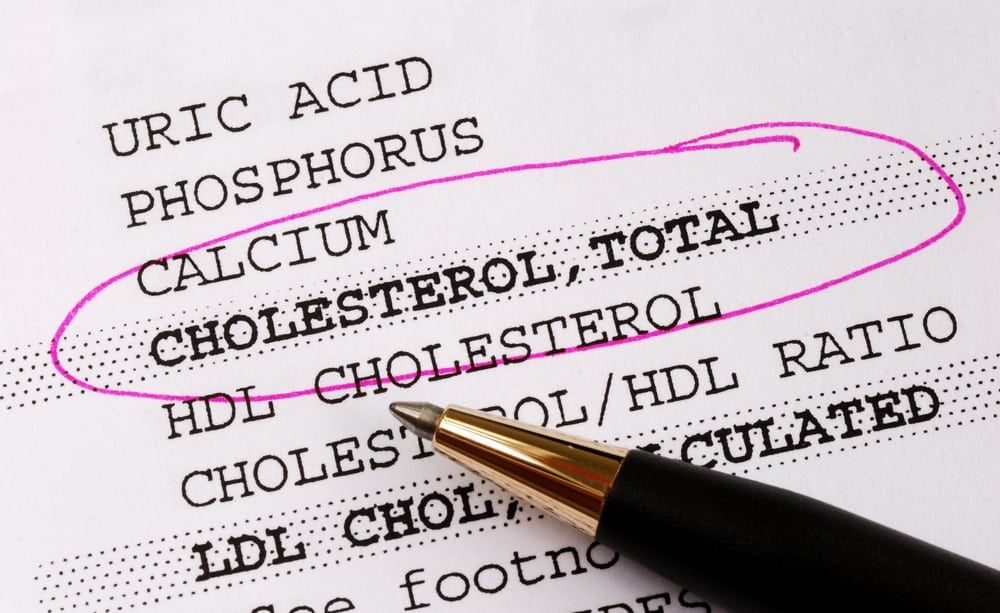Cholesterol is a substance in the blood that is an important component to healthy cells in the body. However, high cholesterol is dangerous because it increases the chance of developing heart disease. High amounts of cholesterol in the blood will develop blockages in the blood vessels, making it difficult for blood to flow. High cholesterol can also form clots in blood vessels, so the risk of a heart attack or stroke is high. Cholesterol screenings are essential to detecting cholesterol levels and preventing further health complications.
Did you know…
When a person has high cholesterol, there are no symptoms; the only way to determine if you have high cholesterol levels would be to receive a blood test.
Diet is a major component of developing high cholesterol. Eating a diet high in fat will increase cholesterol levels; foods like meat, dairy, and eggs are all high in cholesterol. Smoking or even frequent exposure to secondhand smoke is associated with high cholesterol risk. A lifestyle that is lacking in exercise is another risk factor for high cholesterol.
Cholesterol screenings will measure HDL cholesterol, LDL cholesterol, total cholesterol, and triglycerides. This information is gathered from the blood via a finger prick blood test.
It is recommended that anyone twenty years old and older be screened for high cholesterol every five years. If you have a history of heart disease or high cholesterol, then your doctor may prefer you be screened every year or every other year.

